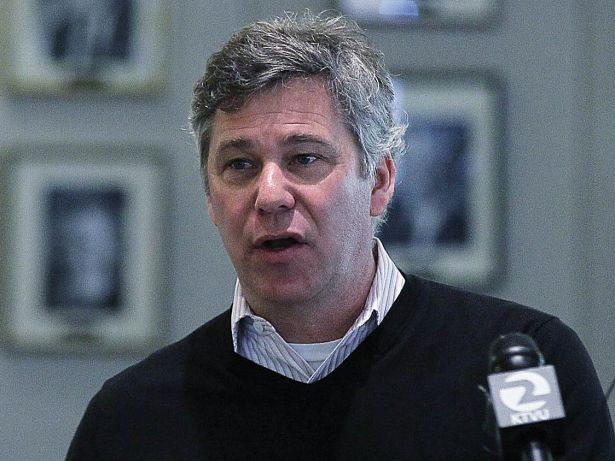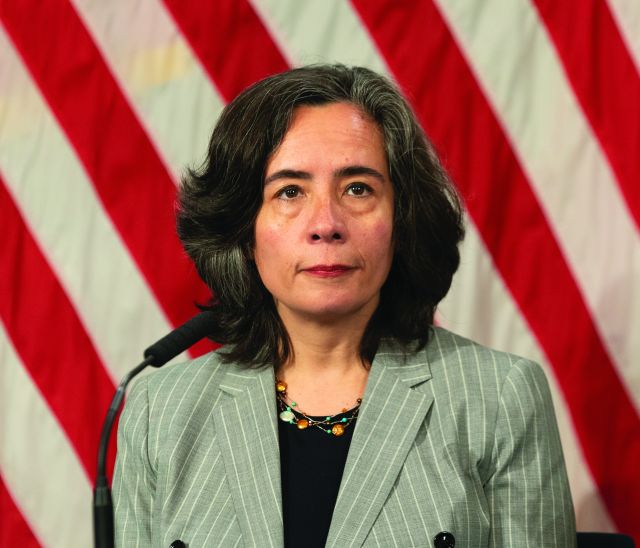
John Tenanes
John Tenanes
Vice President of Real Estate at Facebook
Last year's rank: 61

As one of the top 10 most valuable companies in the world, Facebook has major sway in the office market, and its position on this list is evident. But when it comes to Facebook these days, we need to take into account something a little less … fungible? … something that isn’t exactly “real” estate.
That’s right, we are now entering the speculative metaverse. Since the last Power 100 list, Facebook famously rebranded its parent company as Meta to signify its focus on developing the digital world.
John Tenanes directs the company’s physical leases for the employees that build out the virtual world, where countless buildings can be thousands of feet high. Some say it’s a gold rush for space even though there isn’t a consensus on what the metaverse is or how it will be used. Still, firms are spending big money to acquire and lease out digital property tracked by blockchain technology. Facebook Reality Labs, the virtual reality subsidiary of Facebook, last year completed construction of an 18-acre campus with 803,000 square feet in Burlingame, Calif. It underscored Meta’s very real intentions to invest in and use prime physical space.
Facebook plans to build a 589,000-square-foot office that will take up half of a 66-story tower in downtown Austin, Texas. The lease is the biggest of its kind in the city’s history. Facebook also signed for 719,000 and 520,000 square feet in separate deals in Silicon Valley at the end of 2021. And in April, the social media giant signed a 300,000-square-foot lease to expand again at Vornado Realty Trust’s770 Broadway. That brought its presence to 813,000 square feet in the 15-story building.
These projects and leases are major reassurances for the office market after big-name firms, including Facebook, said employees who are able to work remotely can do so permanently. Further, Tenanes told Commercial Observer last year that workplaces are the “heart of our culture and important to building connections.”
“Our offices are still vitally important to help accommodate growth and meet the needs of our employees that need or prefer to work from campus,” he said.








